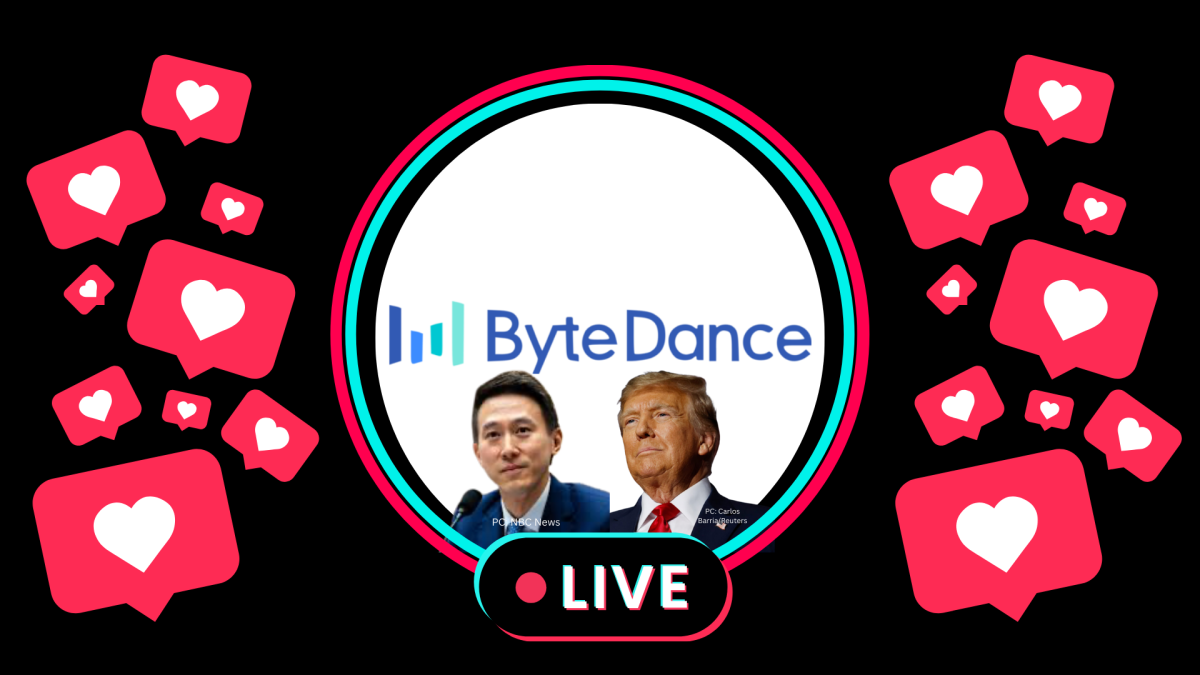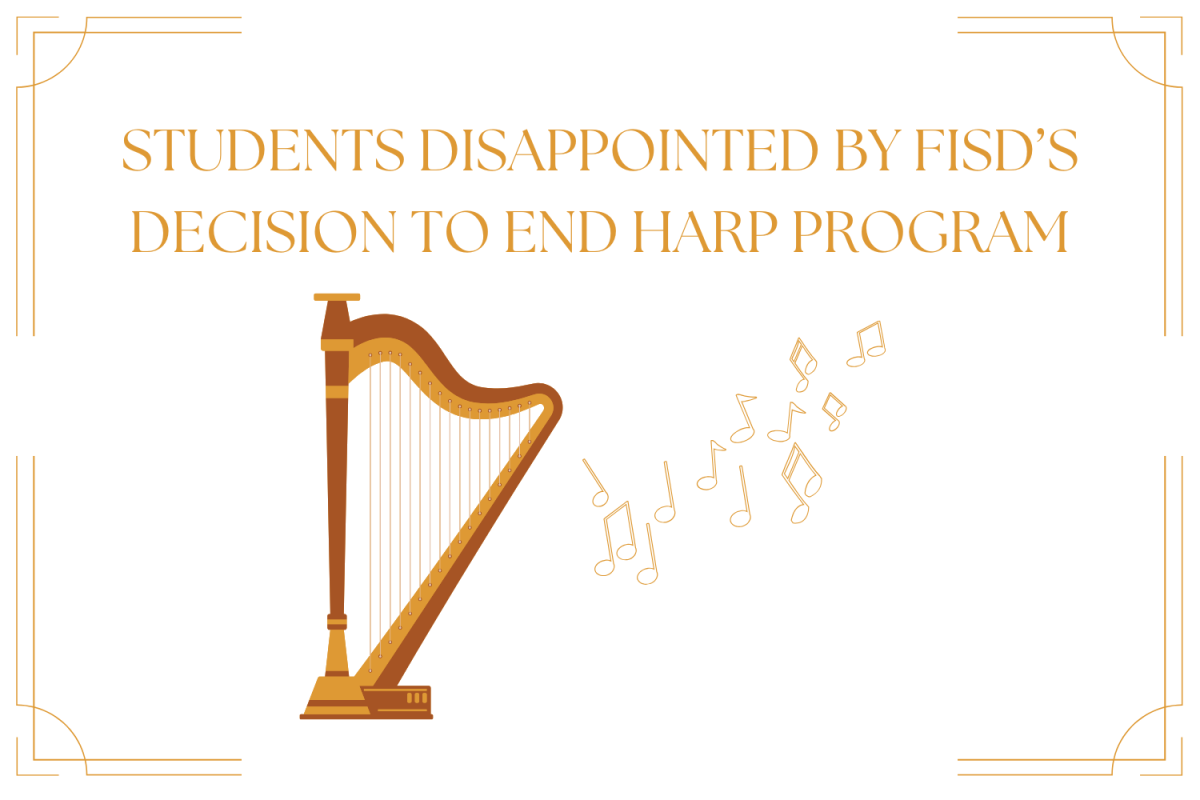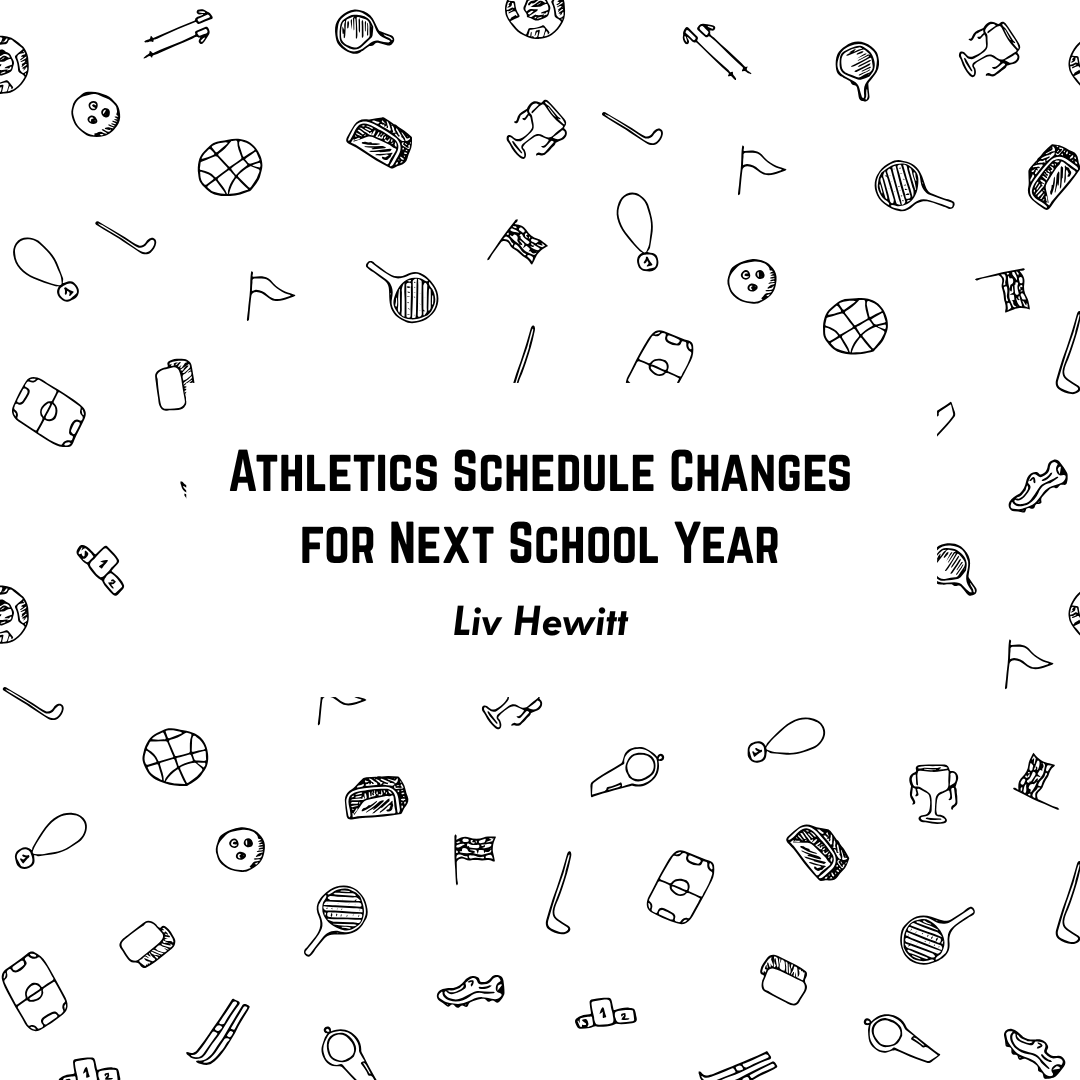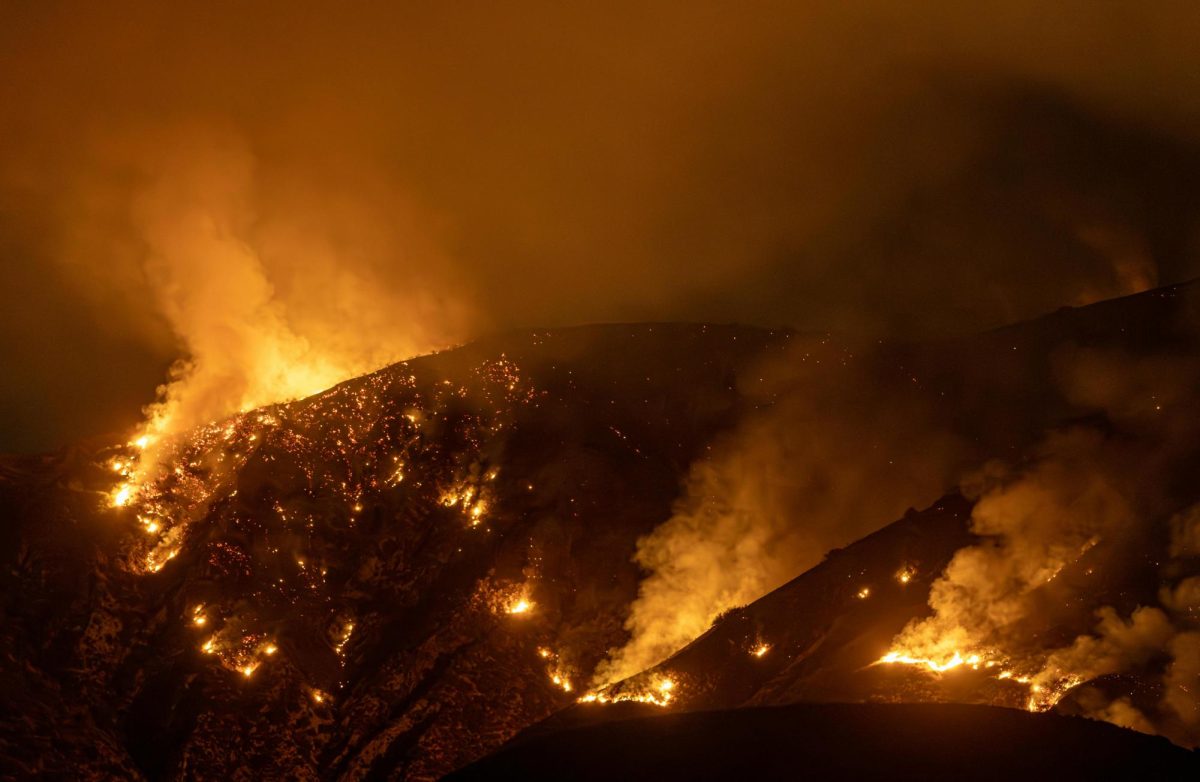Over the past few years the social media app TikTok has been under congressional discussion as to whether or not it is a threat to American safety. In 2020, China’s involvement with the app through the company ByteDance led to President Donald Trump strongly urging the ban, believing it was an issue of national security. Many lawmakers stated their disapproval for this bill, arguing it is unconstitutional, and would interfere with the positive economic aspects of the app.
On Jan. 18 of 2025, the app “went dark” in the U.S., as the supreme court upheld a bill to ban the app on Jan. 17. For approximately 15 hours, U.S. citizens were unable to access the app. However, with President Trump’s inauguration, members of congress decided the bipartisan bill should be left in the hands of his administration. According to NBC News, later that day the TikTok CEO, Shou Zi Chew, was able to negotiate the app as permissible with the administration.
On Jan. 20, Trump signed an executive order giving TikTok a 75 day extension period. While the future of TikTok is still uncertain, many students expressed their disdain for the situation.
“I think I’ve learned a lot on TikTok,” Amelia Wygant, ‘26, said. “Some of it might not all be true, but I’ve definitely seen a lot, especially because it’s the whole entire world.”
TikTok has a pertinent role in globalization, as people around the world gain perspective on differing cultures and beliefs without leaving their homes. Although misinformation can be spread throughout the app, this is true for all social media platforms, including traditional news outlets. Some students have even expressed they feel a potential TikTok ban infringes on their first amendment right to freedom of speech.
“I feel like people find out more about political things through TikTok than they do, like on other social media,” Jaden Marshall, ‘27, said.
The younger generations are able to access political information more easily through TikTok. The platform allows viewers to understand differing beliefs and cultural systems throughout the world, and access information students might not otherwise have seen.
“I really feel like they want to ban TikTok because they don’t want us to actually unite as citizens of the U.S that come as one,” Jalen Rattler, ‘25, said.
Students feel the removal of the app is censorship, and a threat to their unity as a generation and as a civil body. Currently, the Chairman of Senate Homeland Security and several representatives are working to repeal the ban stating that the safety of Americans will not be jeopardized by the app’s status. While government officials work to ensure that TikTok is here to stay, the anxiety that the liberties of Americans can so easily be restricted maintains concern from students.







